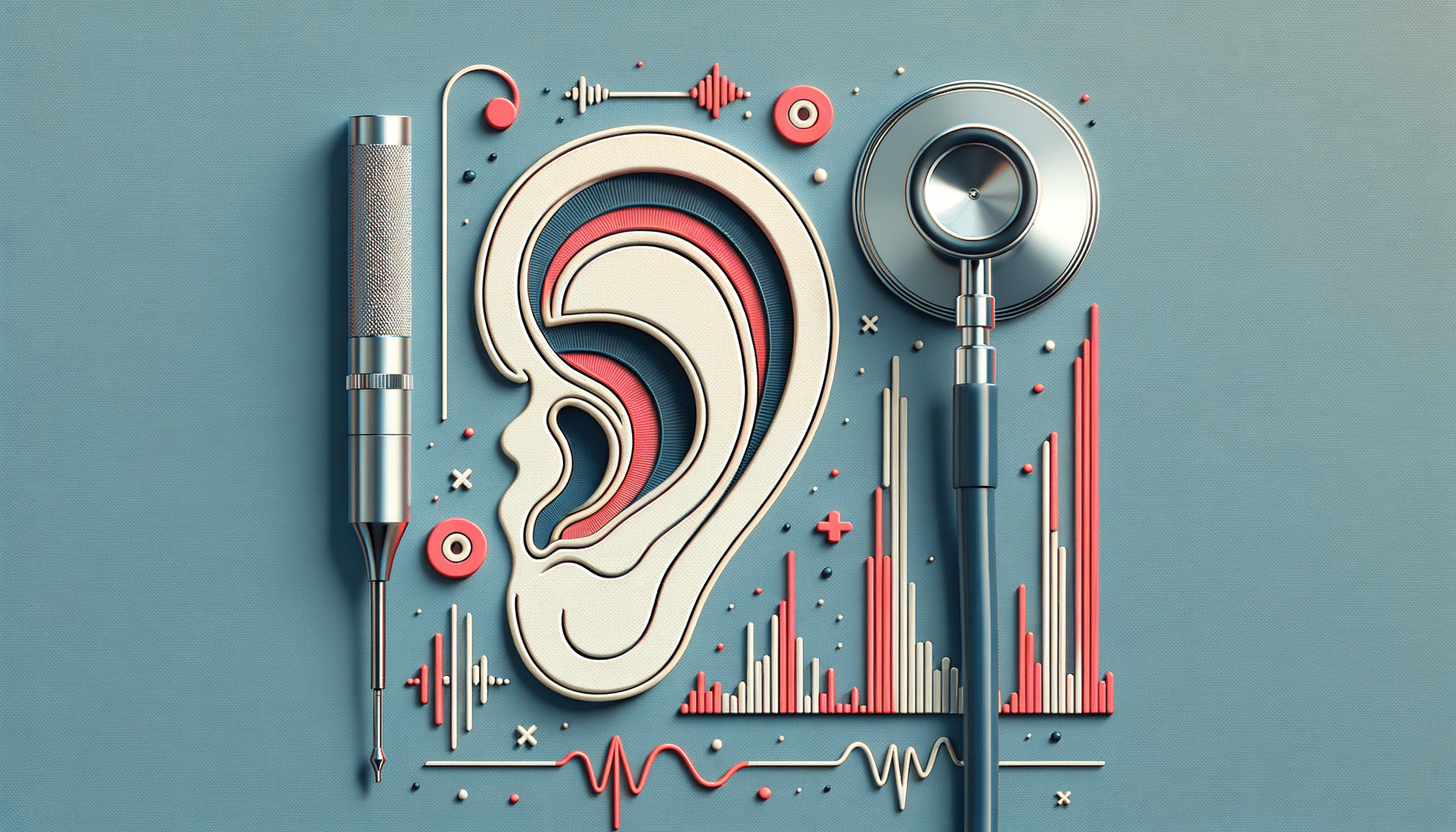
Quick and Trusted Depression Test: Discover Early Mood Changes
Understanding Depression: A Silent Epidemic
Depression is a mental health condition that affects millions of people worldwide. It is characterized by persistent feelings of sadness, hopelessness, and a lack of interest or pleasure in activities. The World Health Organization estimates that over 264 million people suffer from depression globally, making it a leading cause of disability. Despite its prevalence, depression is often misunderstood and stigmatized, which can prevent individuals from seeking help.
Recognizing the signs of depression early can be crucial in managing the condition. Symptoms can vary from person to person, but common indicators include:
- Changes in appetite or weight
- Sleep disturbances
- Fatigue or loss of energy
- Difficulty concentrating
- Feelings of worthlessness or guilt
- Thoughts of death or suicide
Understanding these symptoms and their impact on daily life is the first step towards seeking help. A depression test can be a valuable tool in identifying whether these symptoms align with clinical depression.
The Role of Depression Tests in Mental Health
Depression tests are designed to assess the severity and presence of depressive symptoms. These tests are not diagnostic tools but can provide valuable insights into one’s mental health. They typically consist of a series of questions or statements that individuals respond to, reflecting their experiences over a specified period.
One of the most widely used depression tests is the PHQ-9 (Patient Health Questionnaire-9), which evaluates the frequency of symptoms such as lack of interest, mood changes, and concentration difficulties. Another common tool is the Beck Depression Inventory (BDI), which measures the intensity of depression.
These tests are beneficial for several reasons:
- They offer a structured way to evaluate mood and behavior changes.
- They can be administered in various settings, including online, making them accessible.
- They provide a basis for discussion with healthcare professionals.
While depression tests can be a helpful starting point, it is essential to consult a healthcare provider for a comprehensive assessment and diagnosis.
How to Take a Depression Test: What to Expect
Taking a depression test is a straightforward process, often completed in a matter of minutes. These tests are available online or through healthcare providers, offering flexibility and convenience. Here’s what you can expect:
Firstly, you will be asked to answer a series of questions or statements related to your recent feelings and behaviors. It is important to answer honestly to get the most accurate results. Questions may include:
- How often have you felt down, depressed, or hopeless?
- Have you experienced changes in appetite or sleep patterns?
- Do you have difficulty concentrating on tasks?
Once completed, the test will provide a score indicating the severity of depressive symptoms. A higher score typically suggests more significant symptoms. However, it is crucial to interpret these results with caution and seek professional advice for further evaluation.
Remember, a depression test is a tool for self-assessment and should not replace professional medical advice or diagnosis.
Interpreting Depression Test Results: Next Steps
After completing a depression test, the next step is to understand what the results mean for your mental health. A low score may indicate minimal depressive symptoms, while a higher score suggests more severe symptoms that may require intervention.
If your test results indicate potential depression, consider the following actions:
- Reach out to a mental health professional for a comprehensive evaluation.
- Discuss your symptoms and test results with your primary care physician.
- Explore therapeutic options such as counseling or therapy.
- Consider lifestyle changes that support mental well-being, such as regular exercise, a balanced diet, and adequate sleep.
It is important to approach these results as an opportunity for self-awareness and proactive mental health management. Early intervention can significantly improve outcomes and quality of life.
Conclusion: Embracing Mental Health Awareness
Depression is a complex and challenging condition, but understanding its signs and seeking early intervention can make a significant difference. A quick and trusted depression test can provide valuable insights into your mood and help you recognize when it is time to seek professional help.
Embracing mental health awareness and prioritizing self-care are vital steps in maintaining psychological well-being. By staying informed and proactive, individuals can navigate the complexities of depression with greater resilience and support.
Remember, you are not alone, and help is always available. Reach out to mental health professionals, support groups, or loved ones to begin your journey towards healing and recovery.


